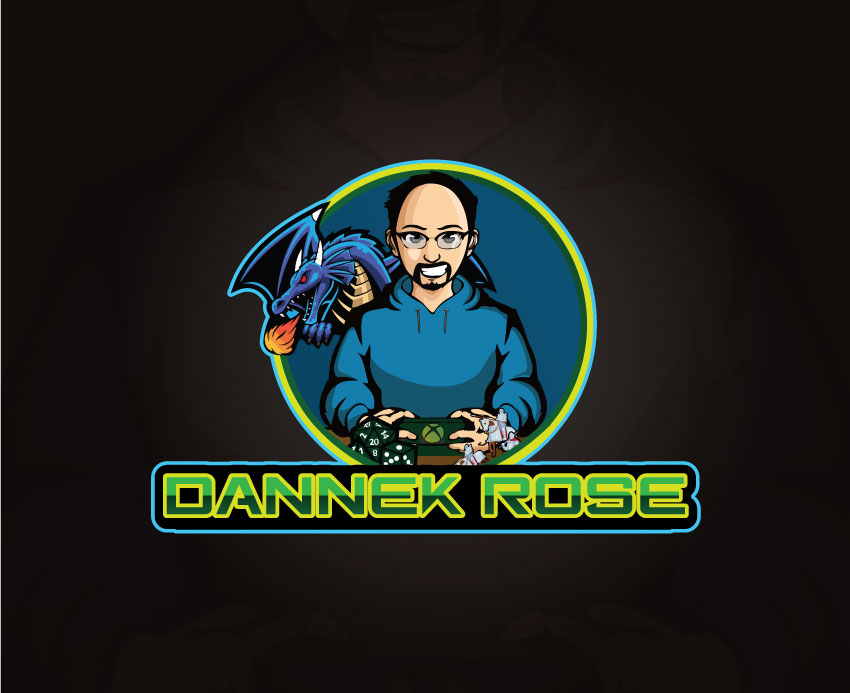
The technical details will determine what can and can’t be done, but from the Mastodon documentation:
https://docs.joinmastodon.org/user/moving/
Moving your account is the same as redirecting your account, but it will also irreversibly force everyone to unfollow your current account and follow your new account, if their software supports the Move activity. Your posts will not be moved, due to technical limitations. There is also a 30 day cooldown period in which you cannot migrate again, so be very careful before using this option!
Depending on if k/m/bin receives a “Move” activity, it may be possible to update user blocklists based on the information in the “Move” activity. However, “Move” activity is generally only sent to existing followers. (I don’t know all the details on that) Activities are generally sent to an instance to handle, not individual user accounts, though, so I suspect this might not be as big of a hurdle as it might seem.
Short answer: Maybe. Depends on how they “Moved”. It wouldn’t be simple to implement, however I don’t see anything preventing it in this particular case. You should open an Issue for feature request for it. I recommend including the above piece from the Mastodon documentation, however in your issue.


@azezeB Some suggestions